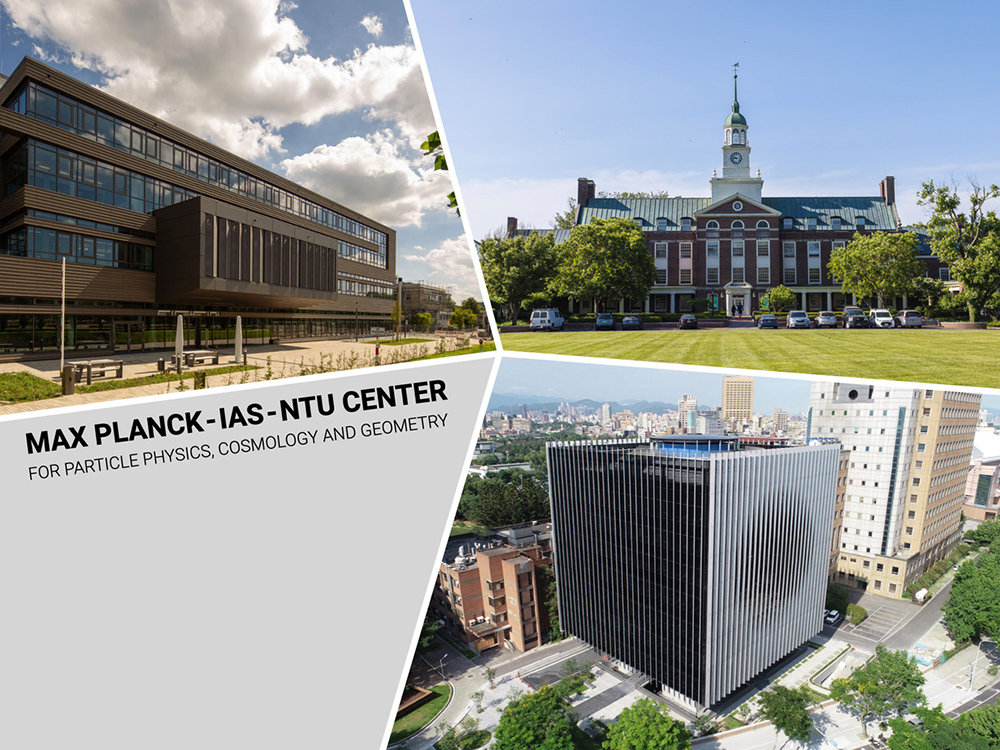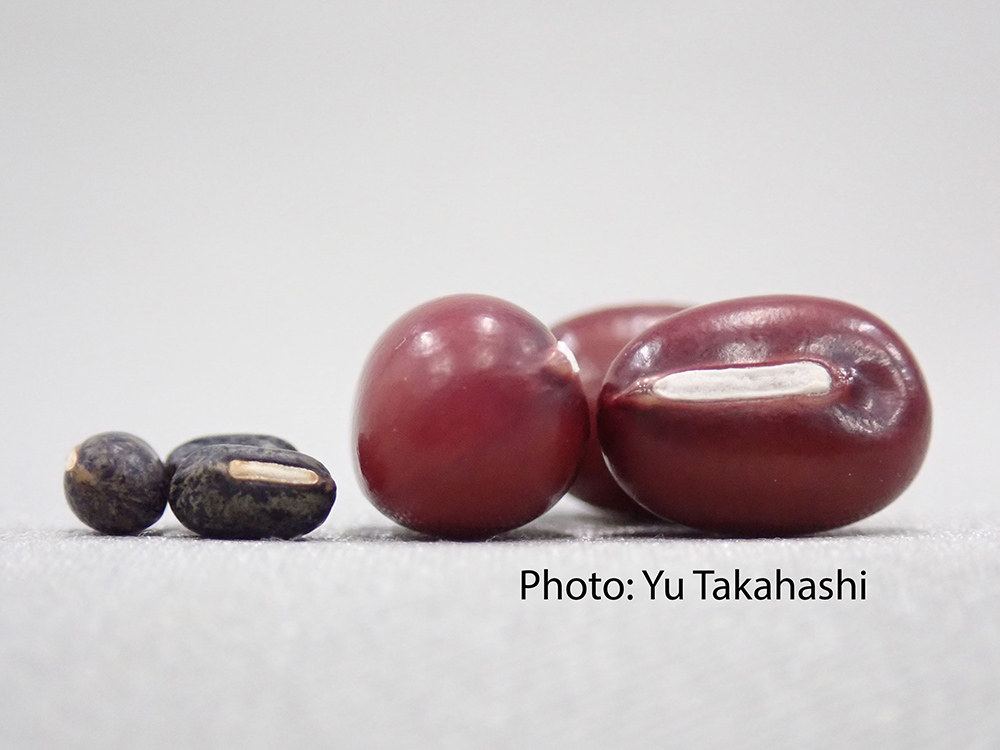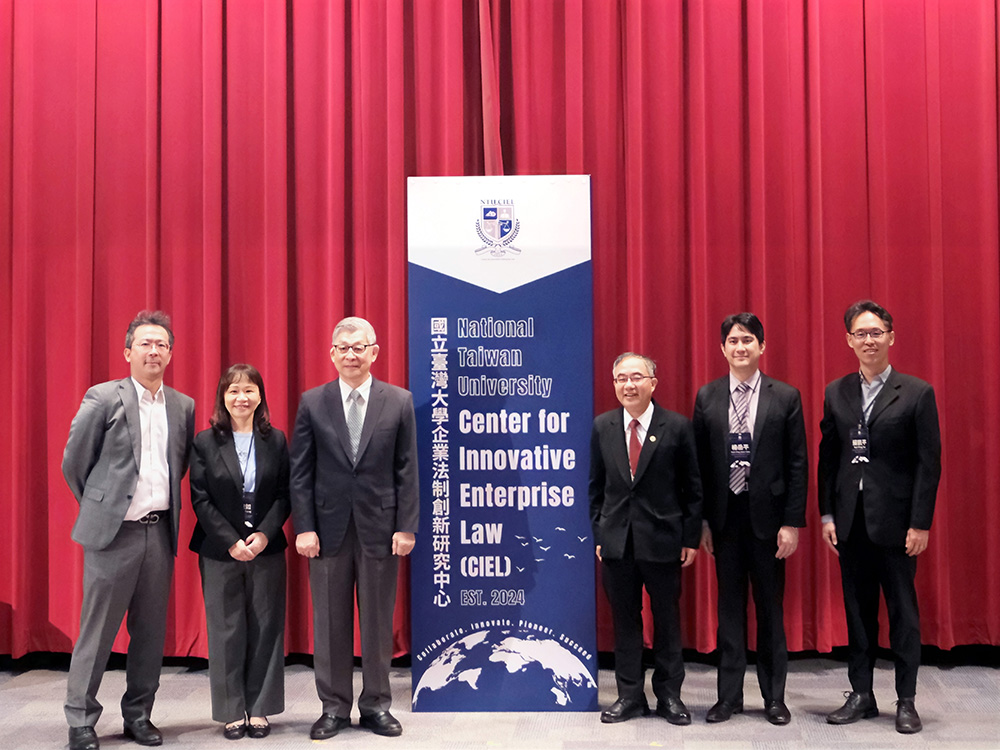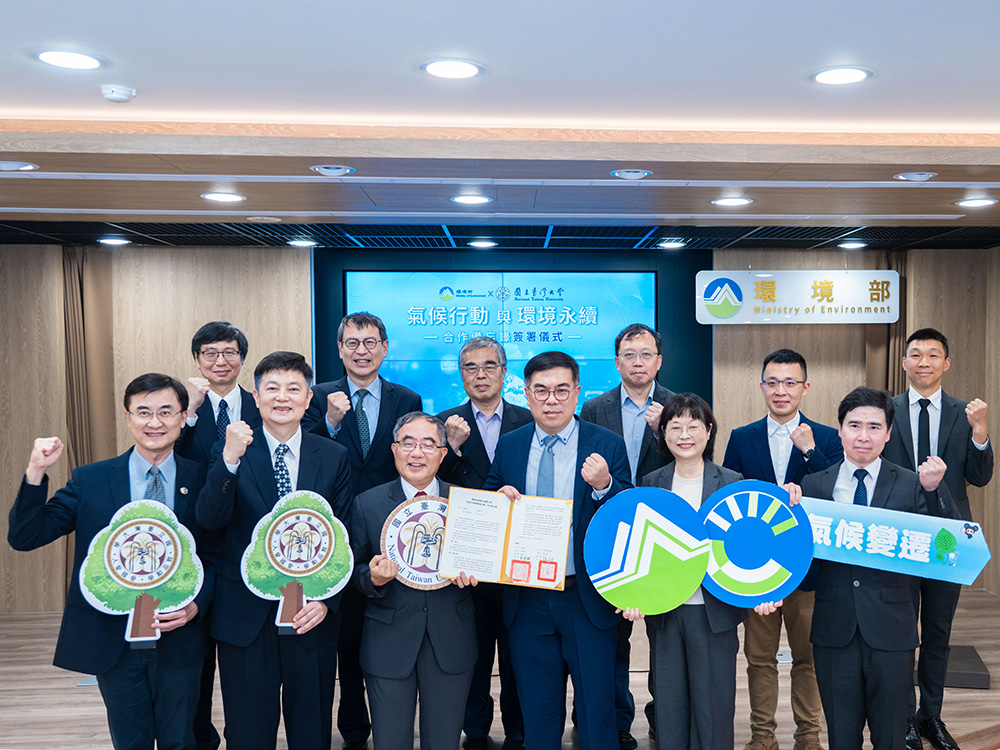
A new milestone for science at NTU: The inauguration of the Max Planck-IAS-NTU Center
瀏覽器版本過舊,或未開啟 javascript
請更新瀏覽器或啟用 javascript
Spotlights
Executive Vice President Chiapei Chou, Director of NTU Experimental Forest Ming-Che Tsai, Chairman of E.SUN Commercial Bank Joseph N.C. Huang taking photos with the local indigenous people.
Professor Yann-Rong Lin from the Department of Agronomy interviewing the local indigenous people.
Twenty-eight local millet seeds sown in NTU Experimental Forest.
Millet was originally one of the food crops that Taiwanese indigenous peoples depended on for their livelihood in the early days. It is closely related to traditional cultures of the indigenous peoples in Taiwan. However, due to the policies implemented during the era of Japanese occupation and the changes brought about by globalization, the cultivation of millet gradually declined. From 1930 to 1935, Nantou County produced the most millet in Taiwan, but most of the local farmers transitioned to cultivating profit crops such as vegetables, fruits, and flowers. Almost no one grows millet now.
Fortunately, the National Plant Genetic Resources Center of the United States preserves nearly 100 local millet strains collected by American scholar Dr. Wayne Hazen Fogg in Taiwan in 1977. Among the variety of millet strains, 28 of which are from Xinyi Township, Nantou County. In 2011, Professor Emeritus Warren H.J. Kuo of NTU’s Department of Agronomy reintroduced these millet strains back to Taiwan, illuminating an opportunity for the revival of millet.
NTU has made great efforts working with the local tribes in XinYi Township, Nantou, to revive not just the millet industry but also the local culture of the Bunun community while meeting sustainable development goals. In March 2022, NTU launched the E.SUN–NTU ESG Centenary Project, a major collaboration between NTU and E.SUN Bank, showing support for environmental sustainability, energy conservation, and environmental protection. This project demonstrates NTU’s determination to fulfill its commitment to creating a greener future. NTU will continue to collaborate with local tribes in Taiwan to preserve Taiwan’s biodiversity and multiculturalism and take actions toward Sustainable Development Goals (SDGs), including No Poverty (SDG 1), Zero Hunger (SDG 2), Equality Education (SDG 4), Sustainable Cities and Communities (SDG 11), Responsible Consumption and Production (SDG 12), and Life on land (SDG 15).

A new milestone for science at NTU: The inauguration of the Max Planck-IAS-NTU Center

A Distinguished Global Research Center Established at NTU under Trilateral Cooperation

Collaborative study between NTU and Japan uncovers the origin of Adzuki Beans and agriculture in Japan

NTU Launches Center for Innovation in Enterprise Law—with Forum Highlighting Trump’s Policy and Legal Shifts Amid Geopolitical Tensions

NTU and Ministry of Environment Sign MOU to Advance Net-Zero Transition and Environmental Resilience
Current Spotlights